50+ Sample Contracts and Agreement Templates
The following are some examples of contracts and agreements used for a personal or business function.
-
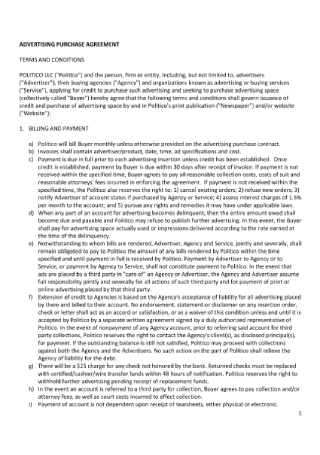
Advertising Purchase Agreement
Form an agreement to provide advertising opportunities to businesses and the community.
-
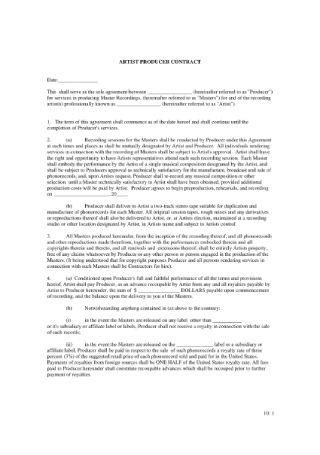
Artist Producer Contract
Grant a producer recording rights to an artist through a formal contract.
-
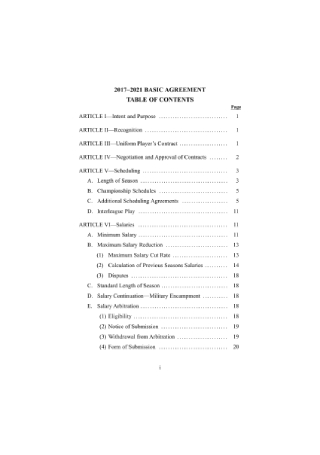
Basic Agreement
Set the terms and conditions of your agreement in a written document.
-

Business Finance Loan Agreement
Lay out the details of your loan agreement using an official document.
-

Client and Architect Agreement
Create an agreement to embark in design and building projects with clients.
-
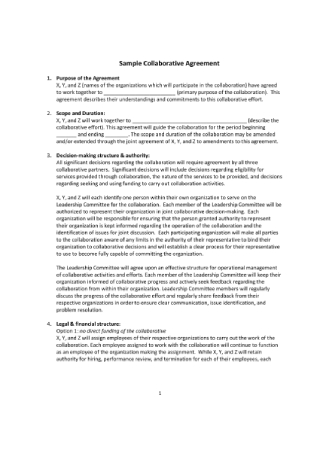
Collaborative Agreement Form
Define the responsibilities of two parties wishing to collaborate through an agreement.
-
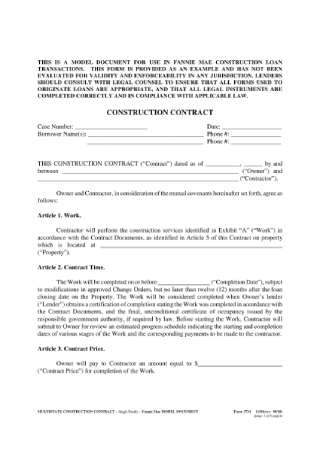
Construction Contract
Specify the construction work to be done between you and a property owner with a contract.
-
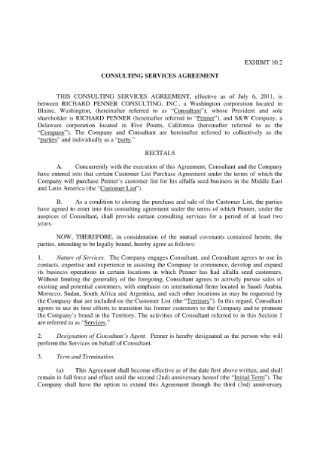
Consulting Services Agreement
Establish the terms of service between a client and a consultant using an agreement.
-
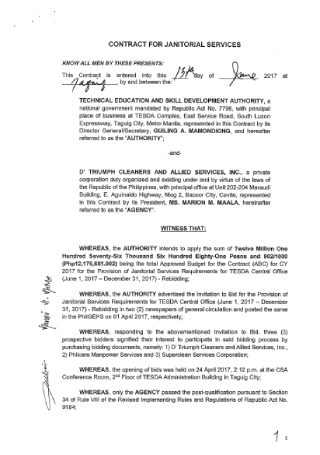
Contract for Janitorial Services
Provide clear guidelines in regards to your janitorial services in a detailed contract.
-
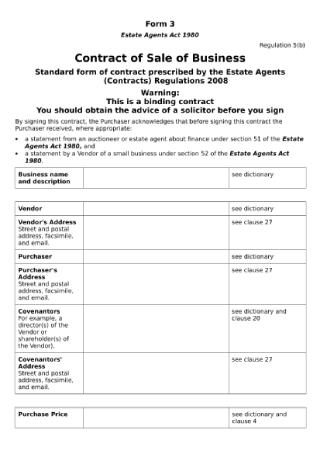
Contract of Sale of Business
Govern the sale of a business to a new owner with the help of a contract.
-
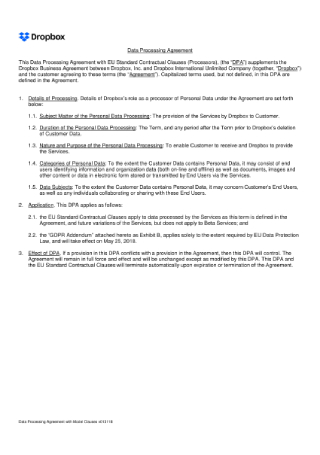
Data Processing Agreement
Regulate the particularities of data processing with a formal agreement.
-
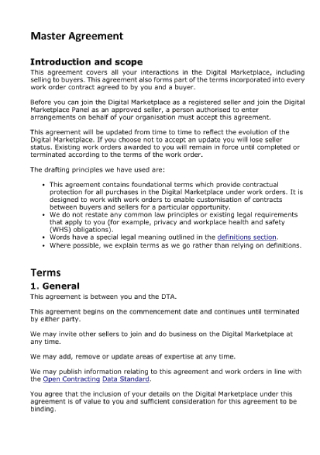
Digital Marketplace Master Agreement
Provide protection for purchases in the Digital Marketplace under work orders using an agreement.
-
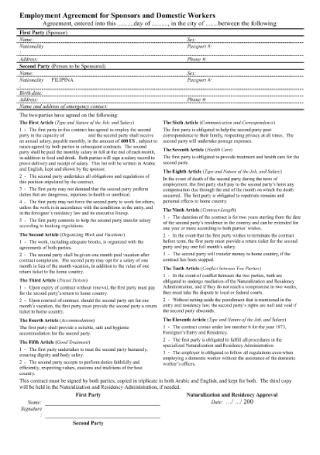
Employment Agreement for Sponsors and Domestic Workers
Secure the employment of domestic workers through a legal agreement.
-
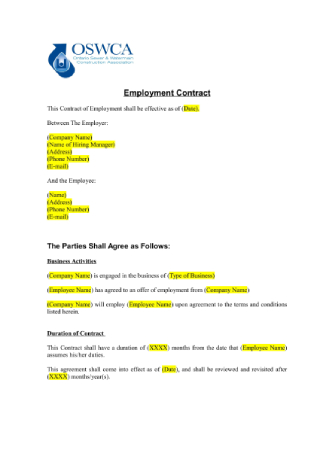
Employment Contract
Outline the rights and responsibilities of two parties in an employment contract.
-
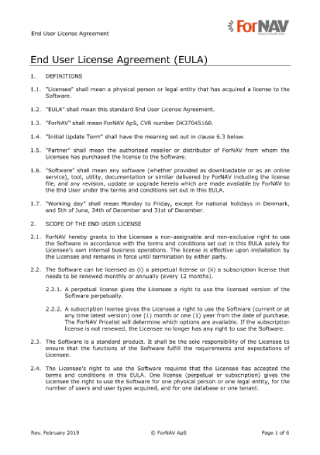
End-User License Agreement
Institute a purchaser’s right to use a software with a license agreement.
-
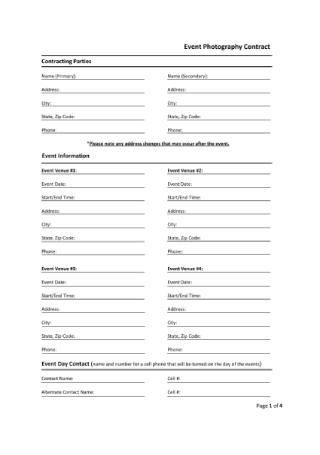
Event Photography Contract
Refer to this sample to design a contract for your agency’s photography services.
-
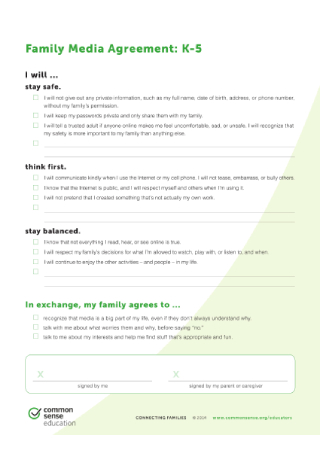
Family Media Agreement
Arrange an agreement to set realistic rules for the use of media within the household.
-

Farmers Market Vendor Agreement
Indicate the rules and procedures vendors must follow using an agreement.
-
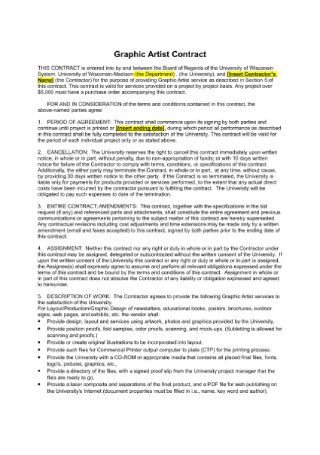
Graphic Artist Contract
Go into business with clients by using a contract to protect your rights as a professional.
-

Gym Membership Agreement
Secure the loyalty of your gym clients with the help of a membership agreement.
-

Home Remodeling Contract
Document the agreements made for a home remodeling job in a valid contract.
-
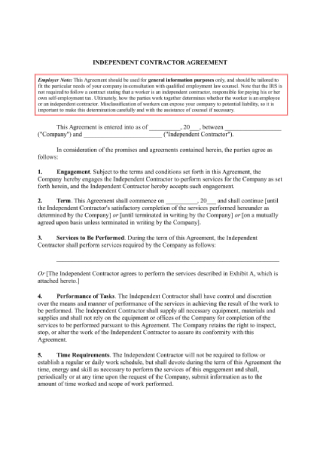
Independent Contractor Agreement
Summarize the details of the work to be performed by the contractor in an agreement.
-

Interior Design and Purchasing Services Agreement
Clarify the terms of your interior design services using a written agreement.
-
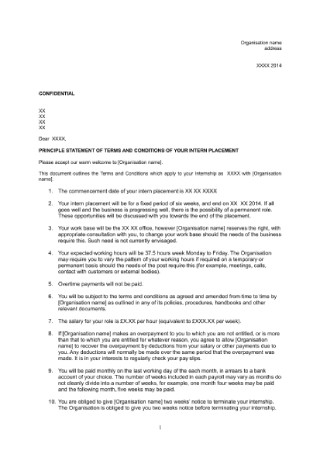
Internship Contract
Make sure that incoming interns are aware of the job specifics by using a contract.
-
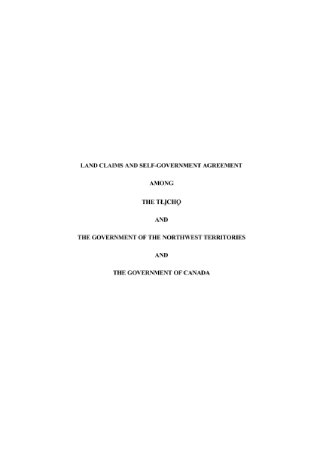
Land Claims and Self-Government Agreement
Meet the interests of your audience by preparing a reasonable agreement.
-
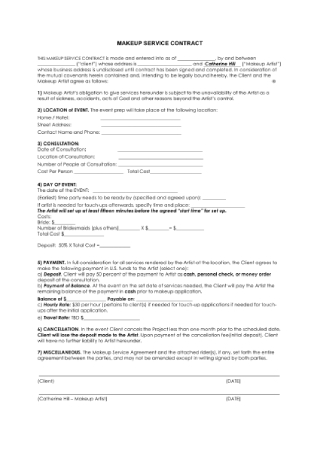
Makeup Service Contract
Inform clients of your service arrangements by using a contract to relay your message.
-

Marriage Contract
Record the important details of a civil union with a marriage contract.
-

Master Settlement Agreement
Read this sample to see how a simple agreement can change the course of history.
-
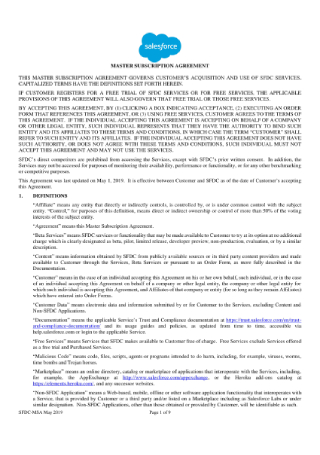
Master Subscription Agreement
Develop an agreement that will govern future transactions with the help of this sample.
-
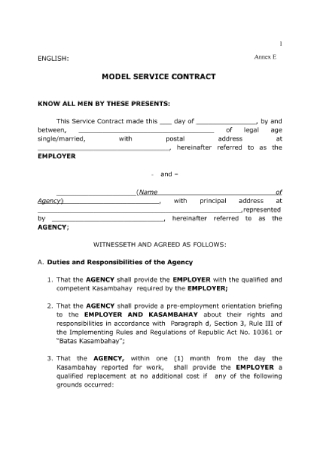
Model Service Contract
Lay down the policies that come with the services required for the job through a contract.
-

Online Family Safety Contract
Ensure that your family stays safe and responsible on the Internet with the help of a contract.
-

Operation and Maintenance Agreement
Draw up an agreement for the operation and maintenance of a project using this sample.
-

Owner Financing Mortgage Contract
Avoid legal disputes by documenting the sale of a property in a mortgage contract.
-

Patient Agreement Form
Use an agreement form to facilitate communication between patients and healthcare providers.
-
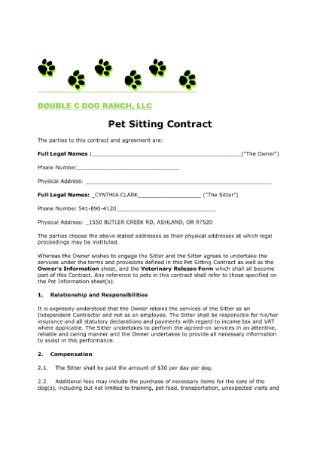
Pet Sitting Contract
Set the tone for a great business relationship with the help of a contract.
-
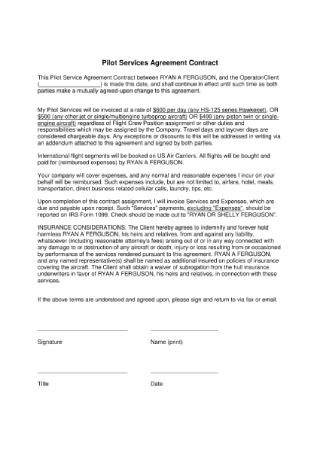
Pilot Services Agreement Contract
Quantify the points of agreement between an operator and a flight crew member using a contract.
-
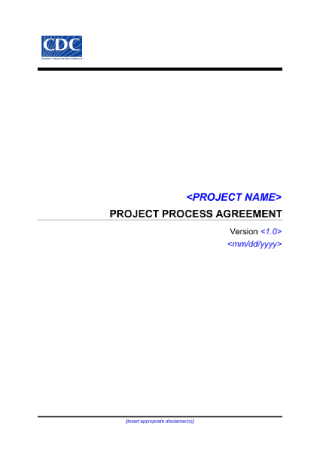
Project Process Agreement
Obtain maximum efficiency for project requests with the help of a professional agreement.
-
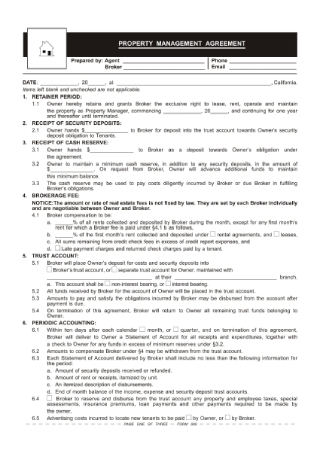
Property Management Agreement
Use an agreement to define the management’s responsibilities and liabilities in a deal.
-
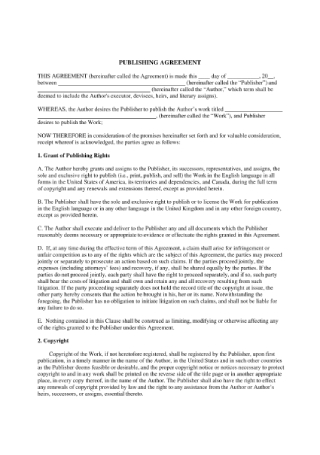
Publishing Agreement
Deliver the rights and obligations concerning a publication through this agreement sample.
-
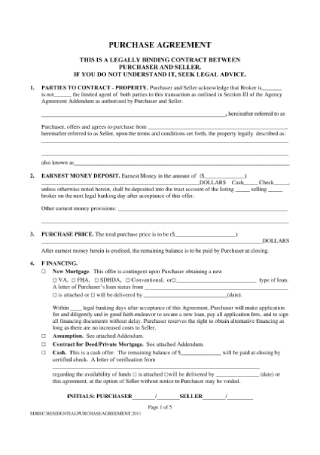
Purchase Agreement
See to it that parties follow through on their promises regarding a sale using an agreement.
-

Regional Agreement on Access to Information
Guarantee the full and effective implementation of a region’s rights with the use of this sample.
-

Residential Tenancy Agreement
Explain the terms and conditions of a tenancy arrangement with an agreement.
-
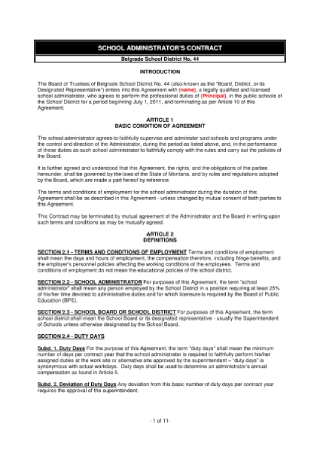
School Administrator’s Contract
Specify the professional duties of a school administrator through a detailed contract.
-

Short-Form General Photography Contract
Cover the service and product details related to a photography shoot in a contract.
-
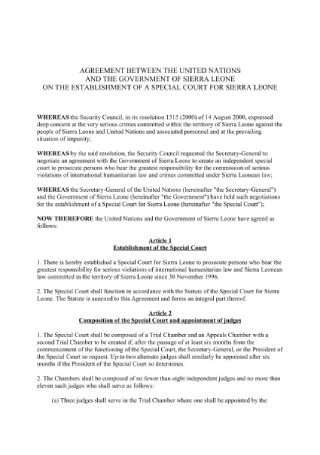
Special Court Agreement
Cite the specifics of a special court agreement by using this sample to construct your own.
-

Standard Rental Agreement
Describe the arrangement of a landlord and a tenant in a rental agreement.
-

Student Behavior Contract
Spell out the expectations of both parties in changing a student’s behaviors using a contract.
-
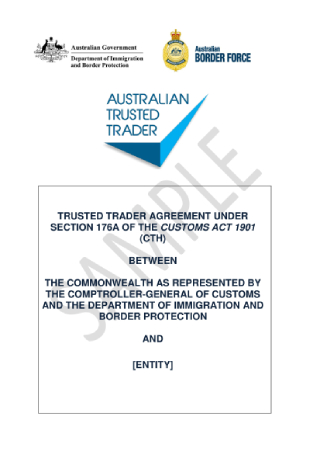
Trusted Trader Agreement
Save your business time and money by using this agreement sample for reference.
-
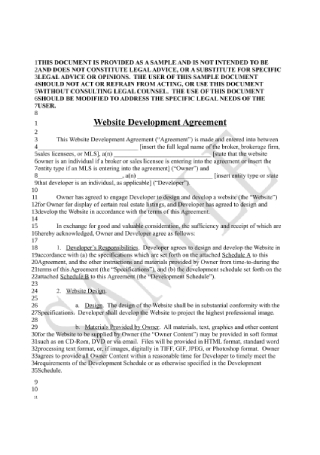
Website Development Agreement
Offer your freelance services to clients by creating an agreement to set forth your terms.
-

Website Maintenance Contract
Keep your site up to date and running by establishing a contract with a maintenance provider.
-

Project Financial Statement Contract Template
download now
The Difference between Contracts and Agreements
You might have used these terms interchangeably in the past, but it’s hard not to. sample Contracts and agreements are similar in many ways, with only a number of characteristics that differentiate one from the other. That’s because all contracts are an agreement, but never the other way around. To understand how different contracts are from agreements, let us first define the two independently.
Definition
An agreement includes an arrangement between two or more parties that covers their rights and responsibilities with respect to one another. It is mutually accepted by all parties involved, despite being carried out informally. But because it lacks the necessary elements of a lawful arrangement, especially with the absence of a written copy and consideration, an agreement has no legal effect.
Contracts, on the other hand, are designed to settle a formal arrangement between two or more parties. These documents are used to outline the rights and obligations of each party to keep everyone on the same page. The terms reflected in the contract should also be clear and valid for it to be enforced. Although oral contracts are sometimes accepted, this old-fashioned concept isn’t exactly the most favorable plan of action. Certain kinds of contracts must be written for it to be recognized in the court of law in the event of a breach or any other legal dispute.
Requirements
An agreement cannot legally bind any party for the performance of an arrangement simply because it lacks the components to make it enforceable. All it needs is an offer and an acceptance for it to follow through. Promises and commitments make up the consideration and must be mutually consented to so that both parties can finally enter into an agreement.
But with contracts, there’s a noticeable difference. Contracts cover a relatively narrow scope and tend to be very specific in nature. This is due to how they are formed more precisely to avoid ambiguity and misinterpretation. A contract must contain the following ingredients for it to be used in legal grounds:
Why Contracts and Agreements Are So Important in Business
The law can appear boring, complicated, and confusing, but that shouldn’t stop you from protecting your business from the risks and dangers of the competitive industry. It would be foolish not to use a contract or agreement when you have terms and conditions to set for your business. You never know when the other party might have some tricks up their sleeve, which is why a contract can always come in handy during a business deal.
If you’re having your doubts about the use of contracts and agreements, we’ve put together a list of reasons why having a legal framework in place will come to your advantage.
FAQs about Contracts and Agreements
We answer a few of your questions regarding contracts and agreements.
When should a contract be in writing?
An oral contract can be very difficult to enforce as it fails to record the key elements of a legal agreement. While some contracts that are entered verbally are not immediately deemed as void, they can be considered voidable at a certain degree. Real estate contracts, credit contracts, consumer leases, business sale contracts, loan agreements, and property transfers are just some examples of legal documents that are required to be in writing. The Statute of Frauds, an English law implemented in 1677, provides the basis for written contract requirements.
How are contracts interpreted?
In some cases, a dispute in regards to the interpretation of the contract becomes the subject of a legal battle. This constitutes to the terms, words, or definitions used in the agreement. Instances like these are brought to court in order to resolve the disagreement objectively. Here, the original intentions of the parties are carefully analyzed and determined based on how the judge interprets the contract.
